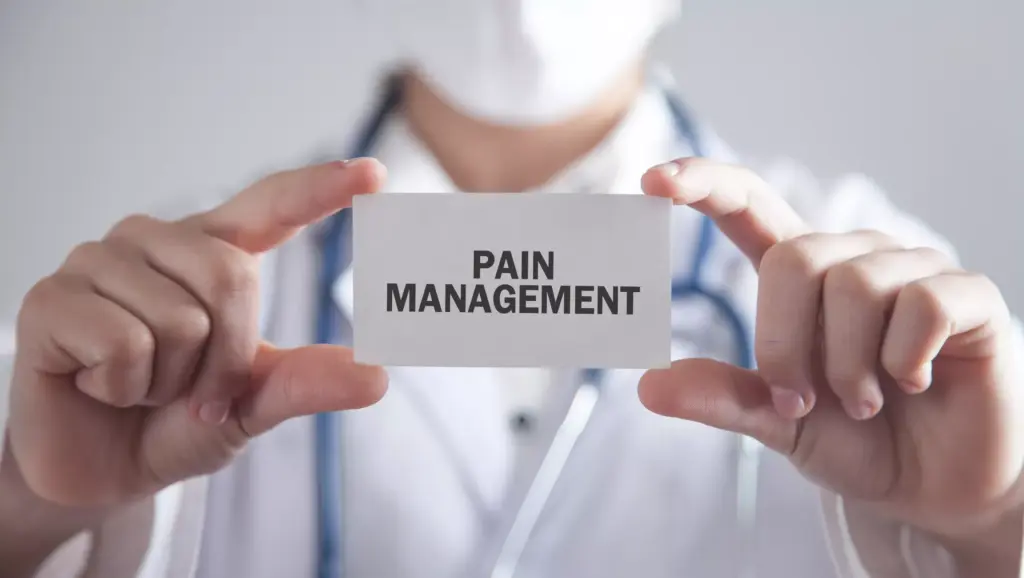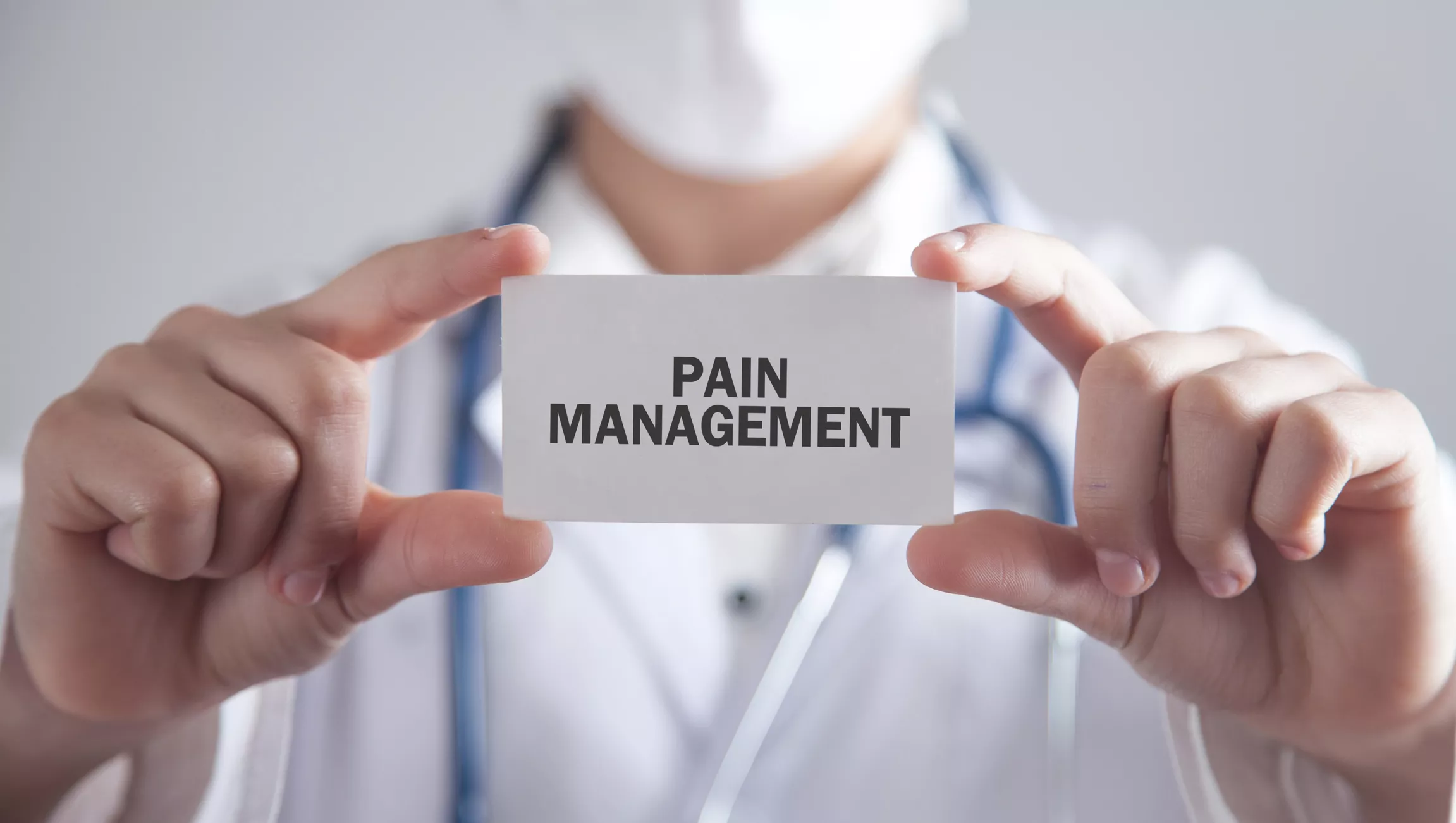
Comprehensive Pain Management Courses for Physicians: Enhancing Patient Care
Chronic pain affects millions worldwide, significantly impacting their quality of life. Physicians play a crucial role in alleviating this suffering, and specialized pain management courses for physicians are essential for equipping them with the latest knowledge and techniques. These courses provide a comprehensive understanding of pain mechanisms, diagnostic approaches, and treatment modalities, ultimately leading to improved patient outcomes. This article explores the various facets of pain management courses for physicians, highlighting their importance, content, and benefits.
The Growing Need for Specialized Pain Management Training
The prevalence of chronic pain is on the rise, driven by factors such as an aging population, increased incidence of chronic diseases, and lifestyle factors. Traditional medical training often provides limited exposure to pain management, leaving many physicians feeling unprepared to address the complex needs of patients with chronic pain. Pain management courses for physicians fill this critical gap by offering focused, in-depth training in this specialized area. Furthermore, the evolving landscape of pain management, with new research and treatment options emerging regularly, necessitates continuous professional development. These courses ensure that physicians stay abreast of the latest advancements and best practices.
Key Components of Effective Pain Management Courses
A well-structured pain management course for physicians typically covers a wide range of topics, including:
- Pain Physiology and Neurobiology: Understanding the mechanisms of pain transmission, processing, and modulation.
- Pain Assessment and Diagnosis: Learning comprehensive pain assessment techniques, including history taking, physical examination, and diagnostic imaging.
- Pharmacological Management: Exploring various pain medications, their mechanisms of action, side effects, and appropriate use.
- Interventional Pain Management: Hands-on training in procedures such as nerve blocks, epidural injections, and radiofrequency ablation.
- Non-Pharmacological Therapies: Integrating alternative therapies such as physical therapy, acupuncture, and psychological interventions.
- Multidisciplinary Pain Management: Understanding the role of a multidisciplinary team in managing chronic pain, including physicians, nurses, psychologists, and physical therapists.
- Ethical and Legal Considerations: Addressing the ethical and legal issues related to pain management, including opioid prescribing and patient safety.
Types of Pain Management Courses Available
Pain management courses for physicians are offered in various formats to accommodate different learning styles and schedules. Some common types include:
Online Courses
Online courses provide flexibility and convenience, allowing physicians to learn at their own pace and from any location. These courses often incorporate interactive modules, video lectures, and online forums for discussion and collaboration. [See also: Benefits of Online Medical Education]
In-Person Workshops and Seminars
In-person workshops and seminars offer hands-on training and opportunities for direct interaction with expert faculty and peers. These courses often include cadaver labs for practicing interventional procedures.
Fellowships and Residencies
Fellowships and residencies provide intensive, comprehensive training in pain management, typically lasting one to two years. These programs offer extensive clinical experience and research opportunities.
Continuing Medical Education (CME) Activities
CME activities, such as conferences and grand rounds, provide opportunities for physicians to earn continuing education credits while staying up-to-date on the latest advances in pain management.
Benefits of Attending Pain Management Courses
Participating in pain management courses for physicians offers numerous benefits, including:
- Enhanced Knowledge and Skills: Gaining a deeper understanding of pain mechanisms, diagnostic techniques, and treatment options.
- Improved Patient Outcomes: Providing more effective and compassionate care for patients with chronic pain.
- Increased Confidence: Feeling more confident in managing complex pain cases.
- Career Advancement: Enhancing career opportunities and professional recognition.
- Meeting Continuing Education Requirements: Fulfilling CME requirements and maintaining professional licensure.
- Staying Up-to-Date: Keeping abreast of the latest research and best practices in pain management.
Choosing the Right Pain Management Course
Selecting the right pain management course for physicians is crucial for maximizing its benefits. Consider the following factors when making your decision:
- Accreditation: Ensure that the course is accredited by a reputable organization, such as the Accreditation Council for Continuing Medical Education (ACCME).
- Faculty: Look for courses taught by experienced and respected pain management specialists.
- Curriculum: Review the curriculum to ensure that it covers the topics that are most relevant to your practice.
- Format: Choose a format that fits your learning style and schedule.
- Cost: Compare the cost of different courses and consider the value they offer.
- Reviews and Testimonials: Read reviews and testimonials from previous participants to get an idea of the course’s quality and effectiveness.
Specific Course Examples and Institutions
Several institutions offer excellent pain management courses for physicians. Examples include:
- Harvard Medical School: Offers various CME courses on pain management topics.
- Mayo Clinic: Provides comprehensive pain management fellowships and CME activities.
- Cleveland Clinic: Offers a multidisciplinary pain management fellowship program.
- American Academy of Pain Medicine (AAPM): Provides numerous educational resources and courses for pain management professionals.
- International Association for the Study of Pain (IASP): Offers educational programs and resources for pain researchers and clinicians.
The Future of Pain Management Education
The field of pain management is constantly evolving, and pain management courses for physicians must adapt to meet the changing needs of patients and healthcare providers. Future trends in pain management education include:
- Increased Emphasis on Multidisciplinary Care: Courses will increasingly emphasize the importance of a multidisciplinary approach to pain management.
- Integration of Technology: Technology will play a greater role in pain management education, with the use of virtual reality, simulation, and telemedicine.
- Personalized Pain Management: Courses will focus on tailoring pain management strategies to the individual needs of each patient.
- Focus on Opioid Stewardship: Addressing the opioid crisis and promoting responsible opioid prescribing practices will be a key focus.
- Emphasis on Prevention: Courses will emphasize preventive strategies to reduce the incidence of chronic pain.
In conclusion, pain management courses for physicians are essential for providing high-quality care to patients with chronic pain. By enhancing their knowledge and skills, these courses empower physicians to improve patient outcomes and make a positive impact on their lives. The demand for effective pain management is growing, and investing in specialized training is a crucial step for physicians seeking to excel in this challenging and rewarding field. [See also: The Role of Physical Therapy in Pain Management] The ability to manage pain effectively is a cornerstone of compassionate patient care, and these courses provide the necessary tools and knowledge. Continual learning and adaptation are key in the dynamic field of pain management, ensuring that physicians are equipped to address the evolving needs of their patients. Ultimately, the goal of pain management courses for physicians is to reduce suffering and improve the quality of life for individuals struggling with chronic pain. These programs offer a vital pathway to achieving that goal, fostering a more compassionate and effective approach to pain management. The increasing recognition of chronic pain as a significant public health issue underscores the importance of ongoing education and training in this area. The future of pain management relies on well-trained physicians who are equipped with the latest knowledge and skills to provide comprehensive and effective care. By participating in pain management courses, physicians can contribute to a brighter future for patients living with chronic pain. The integration of innovative technologies and personalized approaches will further enhance the effectiveness of pain management strategies, leading to improved outcomes and a better quality of life for patients. The commitment to lifelong learning and professional development is essential for physicians who are dedicated to providing the best possible care for their patients. By embracing pain management courses, physicians can stay at the forefront of this rapidly evolving field and make a meaningful difference in the lives of those they serve. The dedication to improving pain management through education and training is a testament to the commitment of healthcare professionals to alleviating suffering and promoting well-being. These courses are a vital investment in the future of pain management and the health of our communities.

